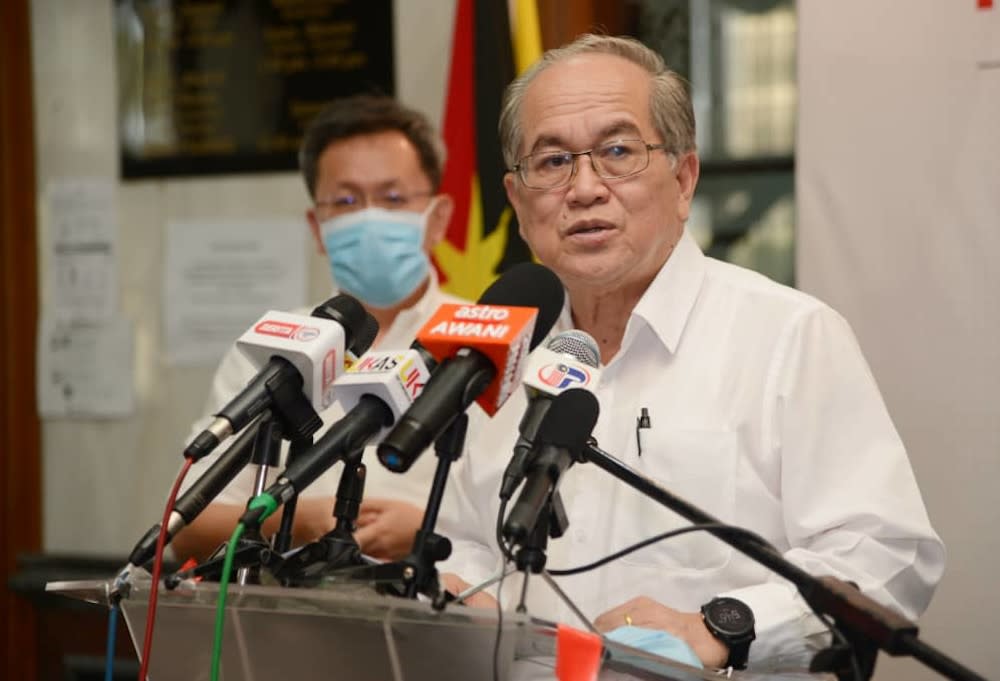Sarawak deputy premier: State ministry, JKR to draw up guidelines for slag as road construction material

KUCHING, Sept 7 — Deputy Premier Datuk Amar Douglas Uggah today said he has directed the state Ministry of Infrastructure and Port Development (MIPD) and the state Public Works Department (JKR) to work together to study and come up with guidelines for the usage of slag as road construction material.
He said the Samalaju Industrial area in Bintulu will be the pioneer in the use of slag in road construction.
“We find this option to be very interesting where, in the Samalaju Industrial Park, the current stockpile of slag from the ferroalloy industries is at one million metric tonnes,” said Uggah, who is also the state minister of infrastructure and port development, at the opening of the “Revolutionising Road and Airport Infrastructure” seminar here.
He said Pertama Ferroalloys Sdn Bhd alone, for example, produces 180,000 metric tonnes of slag each year.
He said the slag is considered as scheduled waste.
Uggah said Sarawak is in the process of adding more roads to complete its connection loop, saying that this will pave the way for the use of new, cheaper, and more durable materials that are easier to maintain.
He said he has heard of the experimental use of processed rubber or plastics, adding that these options are most appealing in environmental terms.
He said according to a World Wildlife Fund (WWF) report, Malaysia generates more than one million tonnes of post-consumer plastic waste every year.
He also said that he had read a media report claiming that Malaysia dumps over 30,000 tonnes of plastic waste into the sea each year.
“If left unchecked, we could well end up in the insidious situation where there will be more plastic than fish in the sea,” he said.
Uggah said the evolution of infrastructure is not merely about cement, asphalt, or conventional materials, but about adopting and embracing the avant-garde, the innovative, and the sustainable.
“We will dive into the incredible realm of recycled materials and learn how they can play an important role in shaping our roads and airports.
“We will journey across borders, drawing from international experiences, to understand both the triumphs and tribulations of implementing these novel materials and technologies.
“We will challenge pre-existing notions, question established norms, and aim to chart a course that promises efficiency, sustainability, and longevity,” he said.



